Central Office
The Central Office of the Department of Mental Health provides the overall statewide administrative functions for the programs and services that fall under the oversight of the agency. The Central Office is headed by the Executive Director with bureaus and divisions falling under the direction of the Executive Director, Chief of Staff, the Deputy Executive Director of Behavioral Health Services, the Deputy Executive Director of IDD Services, or the Chief Financial Officer.
Please contact the DMH switchboard at 601-359-1288 and ask to be directed to the appropriate division or contact person you are seeking.

Executive Director
Wendy Bailey is the Executive Director of the Mississippi Department of Mental Health. The Chief of Staff, the Deputy Executive Director of Behavioral Health Services, the Deputy Executive Director of IDD Services, the Chief Financial Officer, and the General Counsel report directly to the Executive Director.
She has been with DMH for more than 18 years. Prior to being named Executive Director, she served in the roles of Deputy Executive Director for Administrative Services, Chief of Staff, and more. Her roles have included overseeing strategic planning for the agency, communications and outreach, peer support, legislative affairs, licensure and certification, and more.
She serves on numerous boards and task forces, including the National Research Institute Board of Directors, Southeast Mental Health Technology Transfer Center Advisory Board, Mississippi Department of Rehabilitation Services Board, State Early Childhood Advisory Council, ABLE Board, Certified Public Manager Advisory Board, and the Mississippi’s Suicide Prevention Task Force. She serves as a liaison with national organizations such as Mental Health America, the Substance Abuse and Mental Health Services Administration, and National Association of State Mental Health Program Directors.
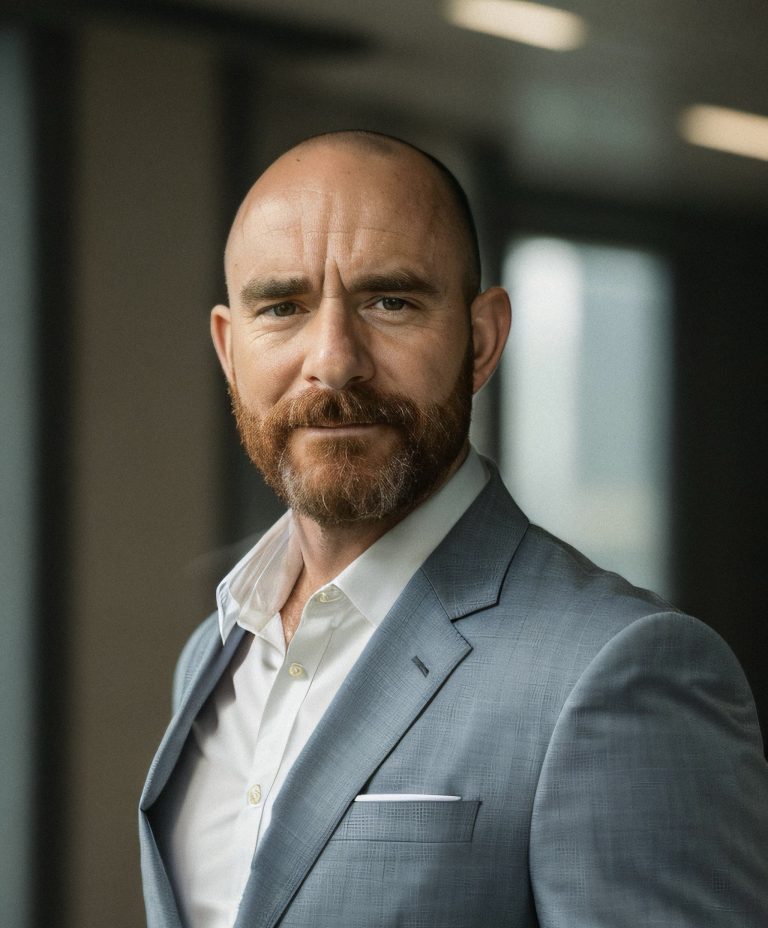
Medical Director
Dr. Tom Recore serves as the Medical Director of the Mississippi Department of Mental Health (DMH), where he provides strategic oversight and clinical leadership across the state’s behavioral health and intellectual/developmental disability services. His previous roles include pivotal positions such as DMH Forensic Services Director, during which he spearheaded initiatives to enhance forensic mental health care and expand treatment facilities for forensic patients in Mississippi.
After earning his Bachelor of Science in Computer Science from Tulane University in 2001, Dr. Recore served with honor as a Commissioned Officer in the Marine Corps, demonstrating leadership in roles such as rifle platoon commander and logistics officer. His military service culminated in a deployment to Fallujah, Iraq in 2004 with Second Reconnaissance Battalion, where he received commendations for meritorious service and leadership including two Navy and Marine Corps Achievement Medals.
Following his military career, Dr. Recore transitioned to medicine, earning his Doctor of Medicine from the University of Mississippi Medical School in 2011. He continued his medical training at Duke University Medical Center and later pursued specialized training in Forensic Psychiatry through a fellowship at the University of North Carolina Medical Center.
Chief of Staff
Katie Storr is the Chief of Staff with the Mississippi Department of Mental Health. Her office oversees the Director of Human Resources, the Office of Planning and Communications, the Division of Outreach and Training, and the Branch of Coordinated Care.
She also acts as a liaison with the Mississippi Legislature, state leaders and elected officials, advocacy organizations, and other stakeholders.

Director of Human Resources
MarQuaita Lampkin is the Director of Human Resources and is responsible for employment and workforce development in the DMH Central Office, including human core capital processing, recruitment, retention, benefits, and more. The division also oversees the contract management of the agency’s contract workers and independent contractors to maintain compliance with state rules and regulations.

Division of Planning and Communications
Adam Moore is Director of the Office of Planning and Communications, which is responsible for coordinating the reporting of the DMH strategic plan, internal and external communications, media relations and serves as a point of contact for public records requests

Division of Outreach and Training
Courtney Littleton is the Director of the Division of Outreach and Training, which oversees outreach efforts, public awareness campaigns, statewide suicide prevention, and additional trainings such as Mental Health First Aid and Applied Suicide Intervention Skills Training (ASIST).


Deputy Executive Director for Behavioral Health Services
Jake Hutchins is Deputy Executive Director of Behavioral Health Services. He administers and monitors the delivery of mental health services at state-operated behavioral health programs and at certified community providers. The primary focus of his tenure with DMH has been coordinating statewide mental health services for adults and children and youth in community-based settings. The Deputy Executive Director of Behavioral Health Services oversees the Bureau of Behavioral Health Services and the Office of Utilization Review within the Central Office.

Bureau of Crisis Services
Brent Hurley is the Director of the Bureau of Crisis Services, which is responsible for the oversight of Mississippi’s crisis continuum and facilitates care coordination. This bureau oversees three divisions – the Division of Crisis Response, the Division of Care Coordination, and the Director of 988.

Division of Care Coordination
Angela Riley as the Director of Care Coordination. This division is responsible for overseeing activities related to the coordination and navigation of care for individuals in need of mental health, substance use, and intellectual and developmental disabilities (IDD) services. The division supervises and oversees the Office of Consumer Support, the Specialized Planning and Options to Transition Team (SPOTT), as well as diversion and care coordination.
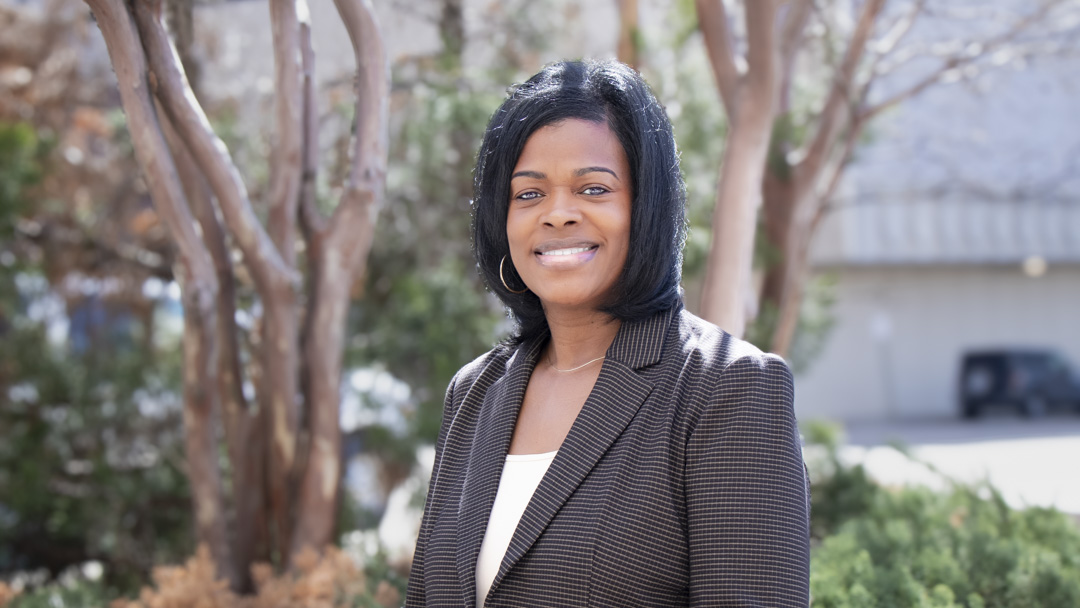
Director of 988
Ja’Quila Newsome is the Director of 988. The Director of 988 is responsible for leading the implementation of the 988 initiatives, coordinating with crisis response services, overseeing funding, providing support, and fostering community connections. It directs and enhances state-level 988 operations to ensure program integrity and adequate service provision. The position provides leadership in coordinating the crisis system among 988 Centers, state resources, and local service providers. Additionally, it supervises 988 grants and grant staff, manage the division, and collaborate with the Outreach and Communication teams to develop community engagement strategies aimed at educating Mississippians about 988 and the crisis services available.
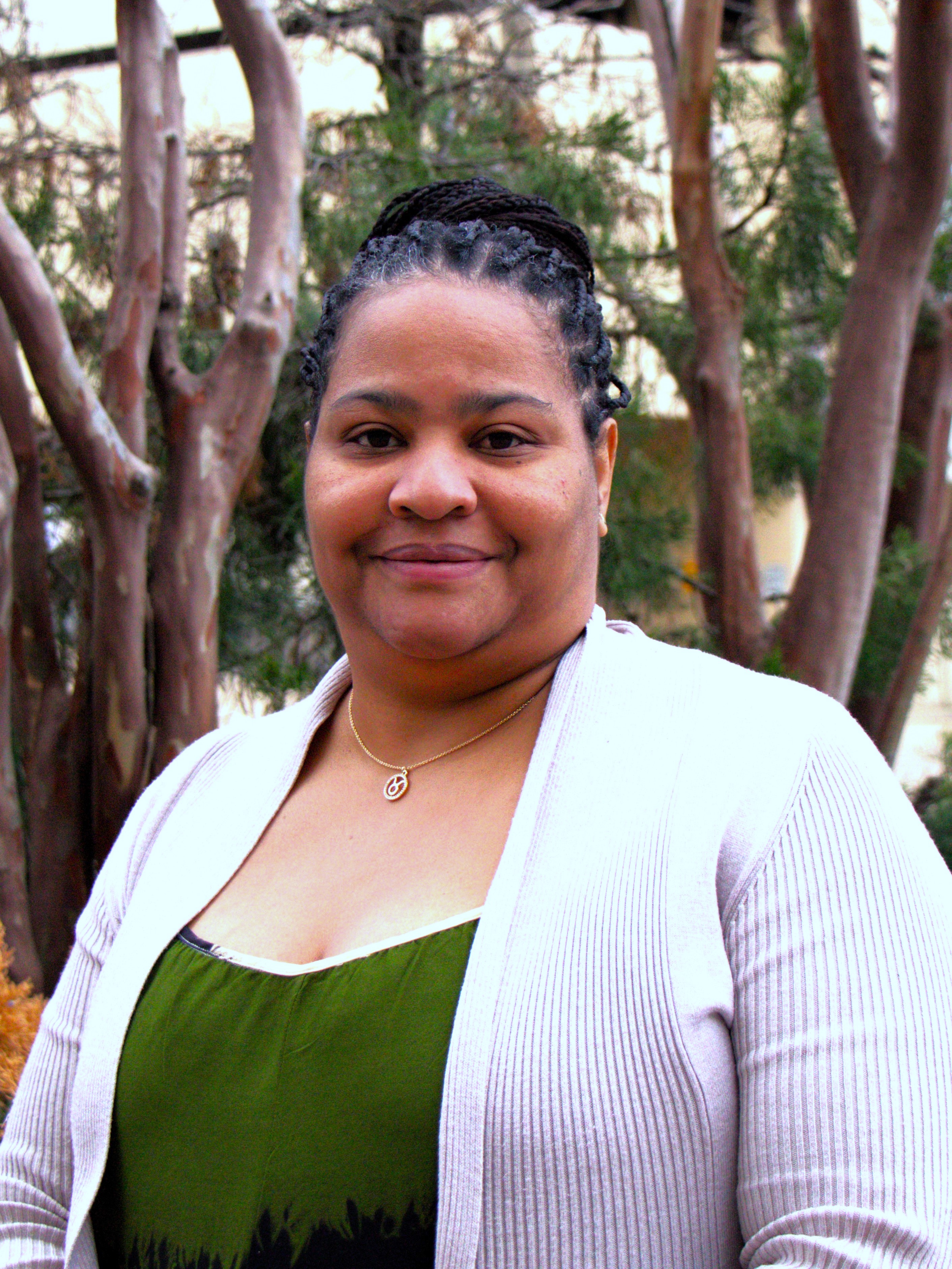
Director of Crisis Response
Kambria Thorne is the Director of the Division of Crisis Response. This division oversees the various crisis services that are funded and certified through DMH, including Mobile Crisis Response Teams, Crisis Stabilization Units, Crisis Intervention Teams, Diversion Centers, and other services and supports in the crisis continuum of care.

Bureau of Behavioral Health Services
Stephanie Berry is the Director of the Bureau of Behavioral Health Services, which is responsible for the administration of state and federal funds utilized to develop, implement and expand a comprehensive continuum of services to assist people to live successfully at home and in the community. These services are provided by community mental health centers and other community service providers. The Bureau includes the Division of Adult Mental Health Services, Division of Children and Youth Services, Division of Peer Support, Division of Alcohol and Drug Addiction Treatment Services, and the Division of Alcohol and Drug Addiction Prevention Services.

Division of Children and Youth
Lynda Stewart is the Director of the Division of Children and Youth Services, which plans and develops community-based mental health services for children and youth who are in need of mental health treatment. The division networks with other agencies to provide resources and funding and to coordinate efforts at the local, state, and federal levels.
Division of Adult Mental Health Services
This division directly supervises the development, coordination and maintenance for adult community mental health services, including Programs of Assertive Community Treatment, Intensive Community Outreach Recovery Teams, Intensive Community Support Services, and more. This position is currently vacant
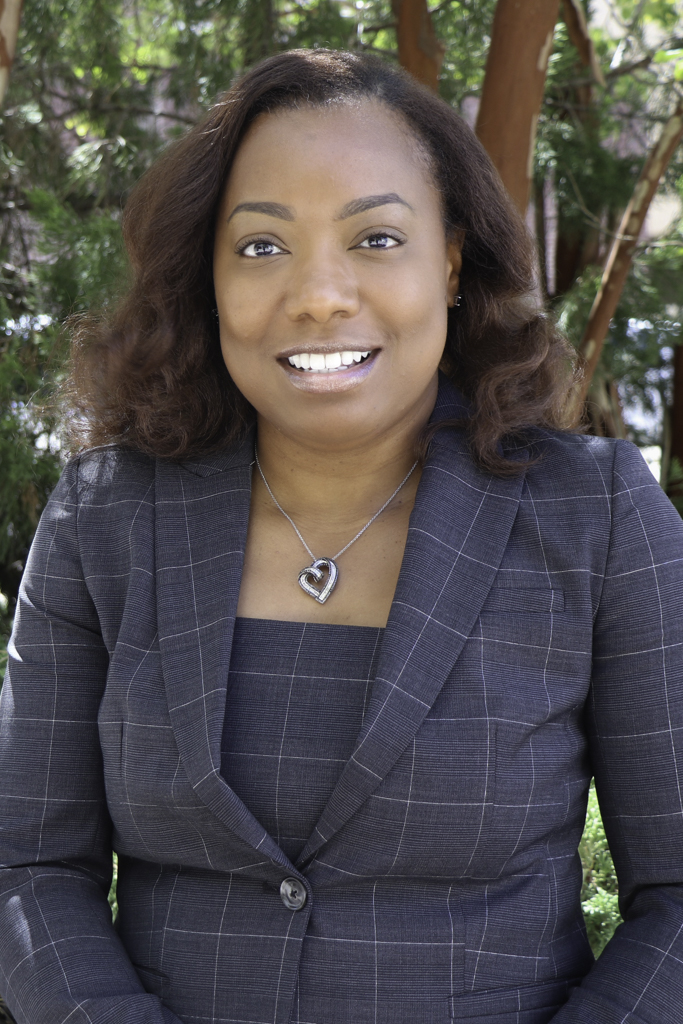
Alcohol and Drug Addiction Treatment Services
Misty Bell is the Director of the Division of Alcohol and Drug Addiction Treatment Services. This division monitors and reviews substance use treatment services and programs certified and funded by DMH through the federal Substance Abuse Block Grant and the state’s 3% Wine & Liquor Tax.

Alcohol and Drug Addiction Prevention Services
Chuck Oliphant is the Director of the Division of Alcohol and Drug Addiction Prevention Services. This division monitors and reviews substance use prevention programs certified and funded by DMH through the federal Substance Abuse Block Grant.
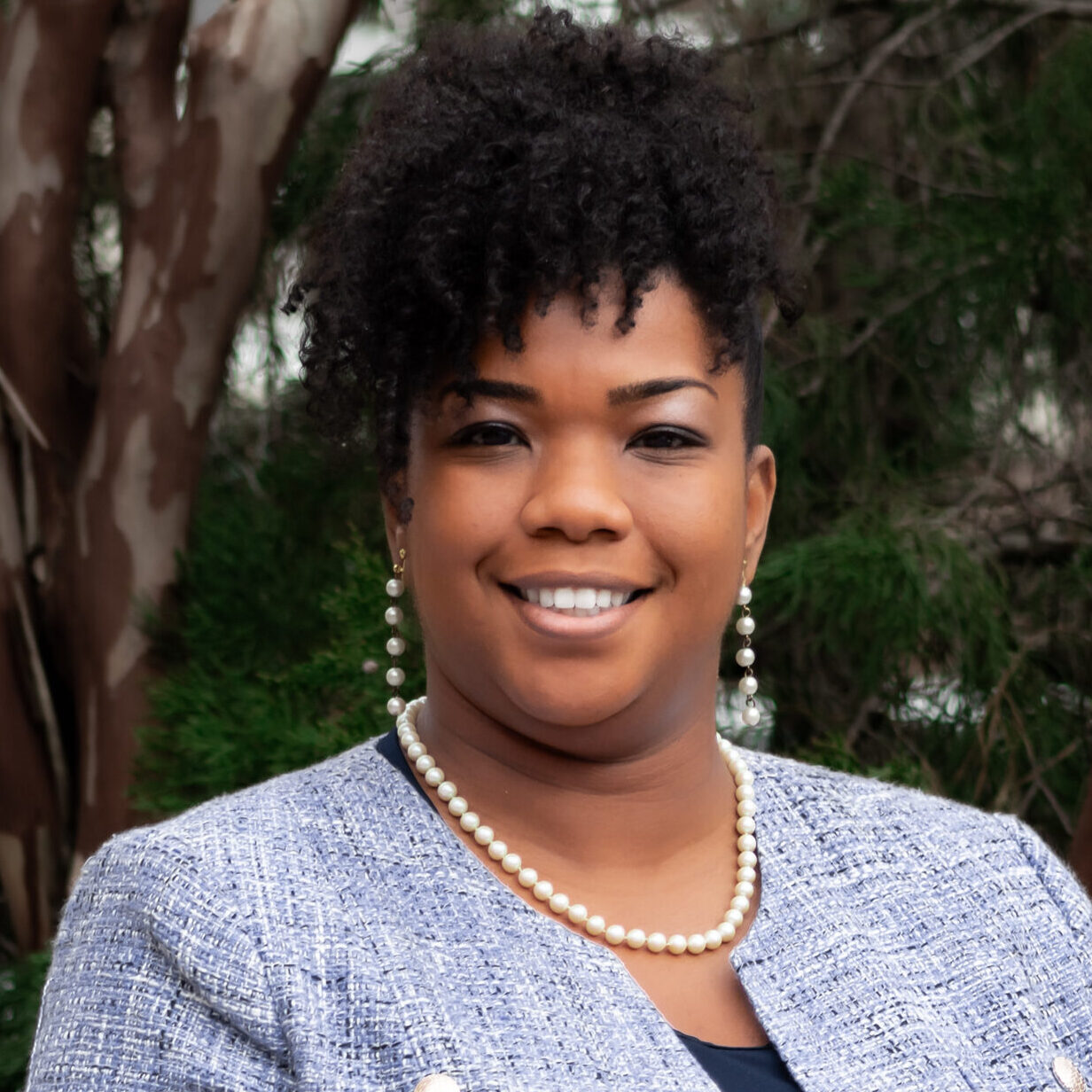
Peer Recovery and Support
Sitaniel Wimbley is the Director of the Division of Peer Recovery and Support, which coordinates peer support services at DMH Certified Providers and DMH-operated programs. The purpose of peer support services is to encourage individuals to become and stay engaged in the recovery process and to reduce the likelihood of relapse.
Deputy Executive Director of IDD Services
Craig Kittrell is the Deputy Executive Director for Intellectual/Developmental Disability Services. He oversees the intermediate care facilities for individuals with intellectual and developmental disabilities that DMH operates. He has served in several roles at both Behavioral Health and IDD programs that DMH operates, where he oversaw various operations of support services. The Deputy Executive Director for IDD Services also oversees the Community IDD Services that include the ID/DD Waiver Program and the IDD Community Support Program. These services provide care to more than 5,000 Mississippians with IDD.

Chief Clinical Officer for IDD Services
Dr. Kristin Kirby is the Chief Clinical Officer for Intellectual and Developmental Disability Services. She oversees community IDD services and is responsible for the planning, development, and supervision of an array of community services for people in the state with intellectual or developmental disabilities. This includes the Division of ID/DD Waiver Program and the Division of IDD Community Support Program.

Division of ID/DD Waiver
Jamie Odom is the Director of the Division of ID/DD Waiver. The Waiver program provides individualized supports and services to assist people in living successfully at home and in the community and are an alternative to care in institutional settings. These Medicaid-funded supports and services are available as long as the cost of supporting individuals in the home or community does not exceed the cost of caring for individuals in institutional settings.

Division of IDD Community Support Program
Pamela Harkins is the Director of the Division of the IDD Community Support Program. The IDD Community Support Program, also known as 1915(i), is a Medicaid funded State Plan. The IDD Community Support Program offers support and services to individuals with Intellectual and Development Disabilities and Autism Spectrum Disorder. The Division of IDD CSP is also responsible for the administration of IDD Targeted Case Management.

Division of IDD Transition Services
Jerry Lewis is the Director of the Division of ID/DD Transition Services. Transition Services help people with intellectual and /or developmental disabilities transition from institutional settings (ICF/ Nursing Home) to the ID/DD Waiver. Transition Services provide transition assistance, which is a one-time set up expense for people who transition from an ICF institutional setting to a less restrictive community living arrangement.


Chief Financial Officer
Kelly Breland is the Chief Financial Officer. He oversees the Division of Accounting, which is responsible for accounting and finance services, as well as the Division of Audit/Grants, which oversees the use of grant funds, assesses quality of internal controls, and determines compliance with policies and procedures. In addition, the Chief Information Officer reports to him.

Division of Accounting
Shondra Barker is the Director of the Division of Accounting, which is responsible for accounting and finance services at the DMH Central Office. This includes accounts payable, accounts receivable, payroll, and purchasing.

Division of Audits/Grants
Daryl Newman is the Director of the Division of Audits/Grants, which oversees the use of grant funds received by and distributed from DMH. The division also assesses quality of internal controls and determines compliance with policies and procedures.

Chief Information Officer
Kim Wood is the Chief Information Officer. She is responsible for the agency’s technical planning and development. She oversees the Division of Information Technology, which oversees the cybersecurity, hardware, software, and networking of computers and information technology needs in the DMH Central Office.

Division of State Data
Ciji Dixon is the Director of the Division of State Data. Her division oversees the collection, management, and accuracy of treatment, mobile crisis, prevention, and fee-for-service grant billing data that is reported electronically by DMH Certified Providers. Data Analysts within this division provide technical assistance and support to end-users of designated data submission software and data warehousing systems. This division is also responsible for facilitating specialized reporting requirements (i.e., TEDS reporting, URS reporting, federal block grant reporting, etc.) and other reporting needs upon request.

Division of Behavioral Health Program EHR Management
Latasha Easterling is the Director of the Division of Behavioral Health Program EHR Management. She oversees the EHR system for DMH’s four state hospitals and the Specialty Facility for adolescents. She manages system change processes and will oversee Tier 2 support when required.
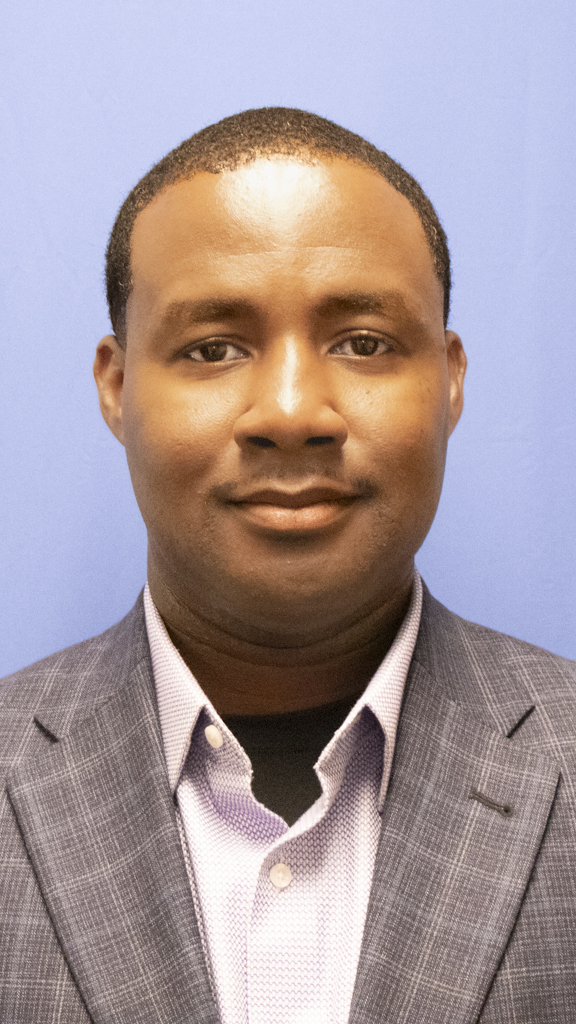
Division of Cyber Security
Derrick Everett is the Director of the Division of Cyber Security. He provides cyber security support for all DMH program locations across the state.

Division of Information Technology Support
Will Heaney is the Director of Information Technology Support. His team provides IT support to the DMH Central Office, including for computers, printers, telephones, network issues, Microsoft and Office suite products, and other software and services as needed.
Office of General Counsel
Cyndi Eubank is the Director of the Office of General Counsel and serves as Chief Legal Counsel for the Mississippi Department of Mental Health. The Office of General Counsel is responsible for all legal matters including but not limited to potential litigation, commitment law issues, contracts/leases, personnel matters, policies, legislation, training, risk management and more as well as advising the Board of Mental Health. In addition, the Office of General Counsel provides oversight to the Division of Professional Licensure and Certification (PLACE), which provides credentials to individuals working in the public mental health system.

Division of Utilization Review
Dawn Owens is the Director of the Office of Utilization Review. This office is responsible for collecting and reviewing select data points pertaining to behavioral health service provision. It is also responsible for developing and implementing data informatics and assessment activities to identify and evaluate key behavioral health service delivery outcomes, as well as serious incident management.

Division of PLACE
Nancy Luke is the Director of the Division of Professional Licensure and Certification (PLACE). The Division of PLACE is responsible for developing, implementing and maintaining five professional credentialing programs which are designed for employees providing credentialed respective services in programs in the “state mental health system.” The “state mental health system” is described as the network of programs in Mississippi which are certified, funded and/or operated/administered by the Mississippi Department of Mental Health.

General Counsel
MaCall Chastain is General Counsel for the Department of Mental Health, where she also oversees the Division of Certification. Her responsibilities encompass overseeing legislative affairs and acting as a legislative liaison, educational training, and policy development, as well as ensuring agency providers are in compliance with DMH’s Operational Standards. Her prior roles at the agency have included serious incident management, procurement, and disaster prevention and response.

Division of Certification
Monica Wilmoth is the Director of the Division of Certification. The Division of Certification is responsible for developing and managing the application, certification, and compliance processes for providers seeking to obtain and maintain DMH provider certification.

